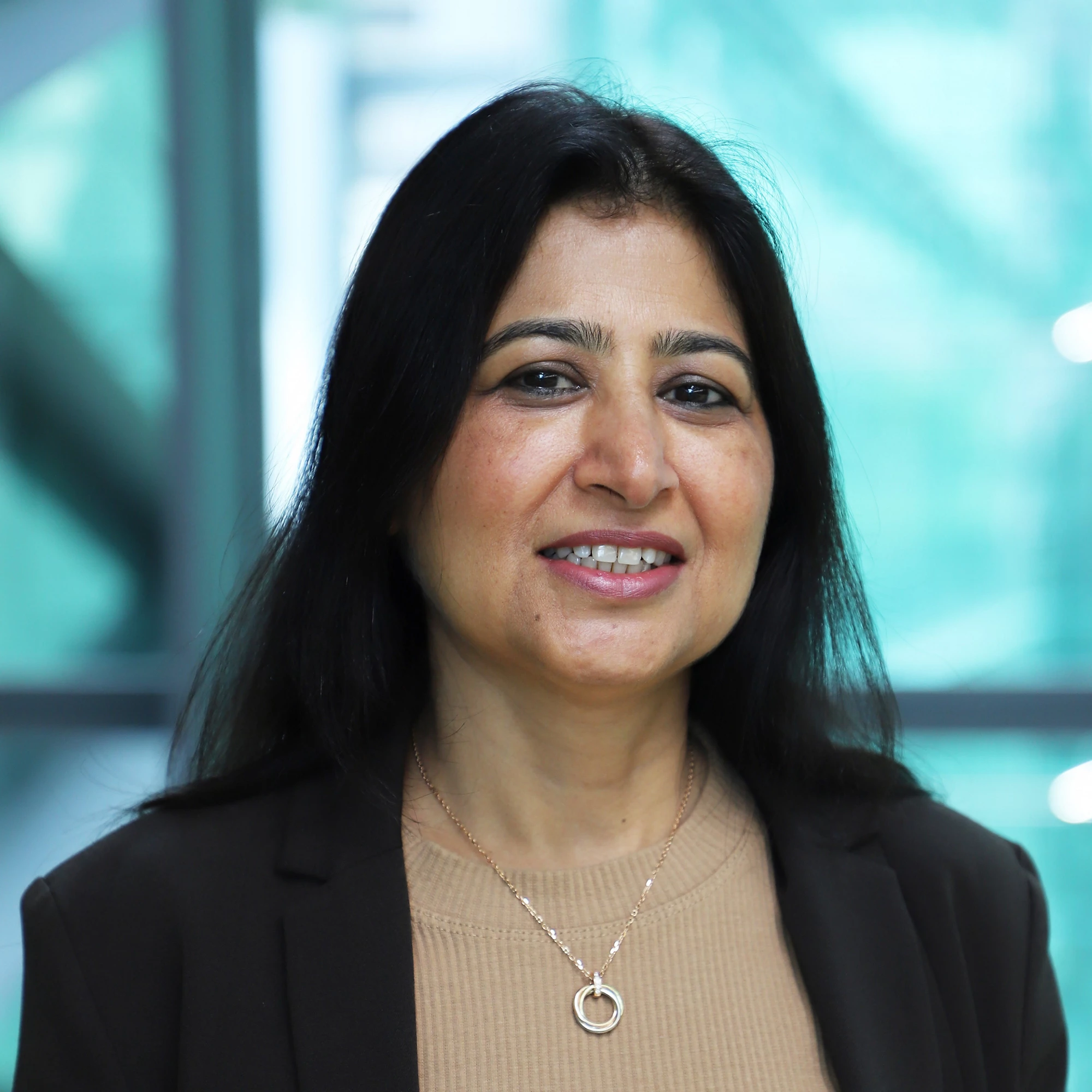 A Malaysian civil servant walks in front of the Prime Minister’s Office in the administrative capital of Putrajaya.
A Malaysian civil servant walks in front of the Prime Minister’s Office in the administrative capital of Putrajaya.
Very soon, Malaysia will pass the GNI per capita threshold and move into a more exclusive classification of economies – high income. While that can be measured, it is difficult to put a number to what high income will mean for Malaysians. However, one thing is certain, that it will raise expectations of improved living standards along with an expectation that the country will be served by modern institutions. This transition will be complete with Malaysia’s transformation to a truly progressive, advanced, and inclusive economy with high-quality growth.
There is consensus that institutions matter for growth. COVID-19 has placed public sector institutions across the world on the hot seat as governments struggle to provide not just healthcare facilities but revive economies and ensure social protection for the most vulnerable , all at the same time. The scale of the issue at hand is unprecedented and the speed of their response is key. Building and maintaining the trust of the rakyat is important as it has long-term implications for reforms critical for sustained growth.
The recently released report by the World Bank, “Aiming High: Navigating the next stage of Malaysia’s Development”, discusses the steps that Malaysia would need to take to fulfil its potential, to transition successfully to high-income and developed status, and to sustain equitable growth beyond the COVID-19 pandemic. Malaysia’s public sector institutions will play a crucial role in determining the sustainability and quality of Malaysia’s growth as it moves toward high-income status . Are the country’s institutions ready to support this ambition and steer the country to the next stage of development?
With an increase in income, the government must respond to the high expectations of its expanding middle-class population. In addition to providing and facilitating high-quality services, the role shifts to one of regulating, coordinating, and promoting an environment in which the private sector can thrive. This requires improving transparency and openness in policymaking and ensuring a level playing field for the private sector without distorting or crowding out competition. Lack of transparency and accountability in Government Linked Companies (GLCs) could prove to be a bottleneck and is an area where reforms have been slow.
For balanced growth, the decision-making powers, finances, functions, and functionaries must be appropriately assigned. Devolution of responsibilities coupled with an effort to establish strong links between the various tiers of government will help to build a bottom-up and inclusive society. It will also ensure that needs are addressed according to the regional or local demand.
The most pertinent question is whether the civil service has the capacity to support Malaysia’s journey towards an advanced and inclusive economy. There is no doubt that the civil service has played a key role in Malaysia’s transition to a high middle-income economy. However, the world we live in today is very different from the world when the first switch took place or for that matter from a world a year ago. Strengthening the public service to make them “future-ready” through applying meritocratic principles to promotion, adopting a less rigid system of recruitment, insulating the public service from political interference, and decentralizing the public service will play a critical role in managing and responding to difficult and unforeseen challenges going forward.
Apart from the specific challenges and reforms mentioned above, it is critical for Malaysia to deepen and institutionalize measures to increase transparency and improve overall accountability in the public service. ‘Use of technology’ to reduce human interface and improve service delivery and ‘openness and transparency’ in government operations are two extremely effective broad-based tools that work in almost every context. A clean regime results in significant long-term growth benefits with many positive spill-over effects. It not only increases accountability, but limits inefficient resource usage, and facilitates coordination across units improving efficiency and helps save millions of dollars to provide critical services to people. The biggest gain is that it helps build trust with the citizens which makes for a strong development partnership towards a country’s journey to the next phase of development.
In conclusion, there is mathematical certainty (via the GNI measure) that Malaysia will be high-income over the next few years. But can the country truly arrive as a developed nation? The short answer once again is a yes, but only if it embraces some politically difficult reforms and does things differently from when it transitioned from a low income to a middle-income economy. The quality of the future development trajectory of a country to the next level will depend on the country’s response to a fast-changing dynamic international environment and the ability of public sector institutions to adapt and innovate. It is truly time for Malaysia to aim high.


Join the Conversation